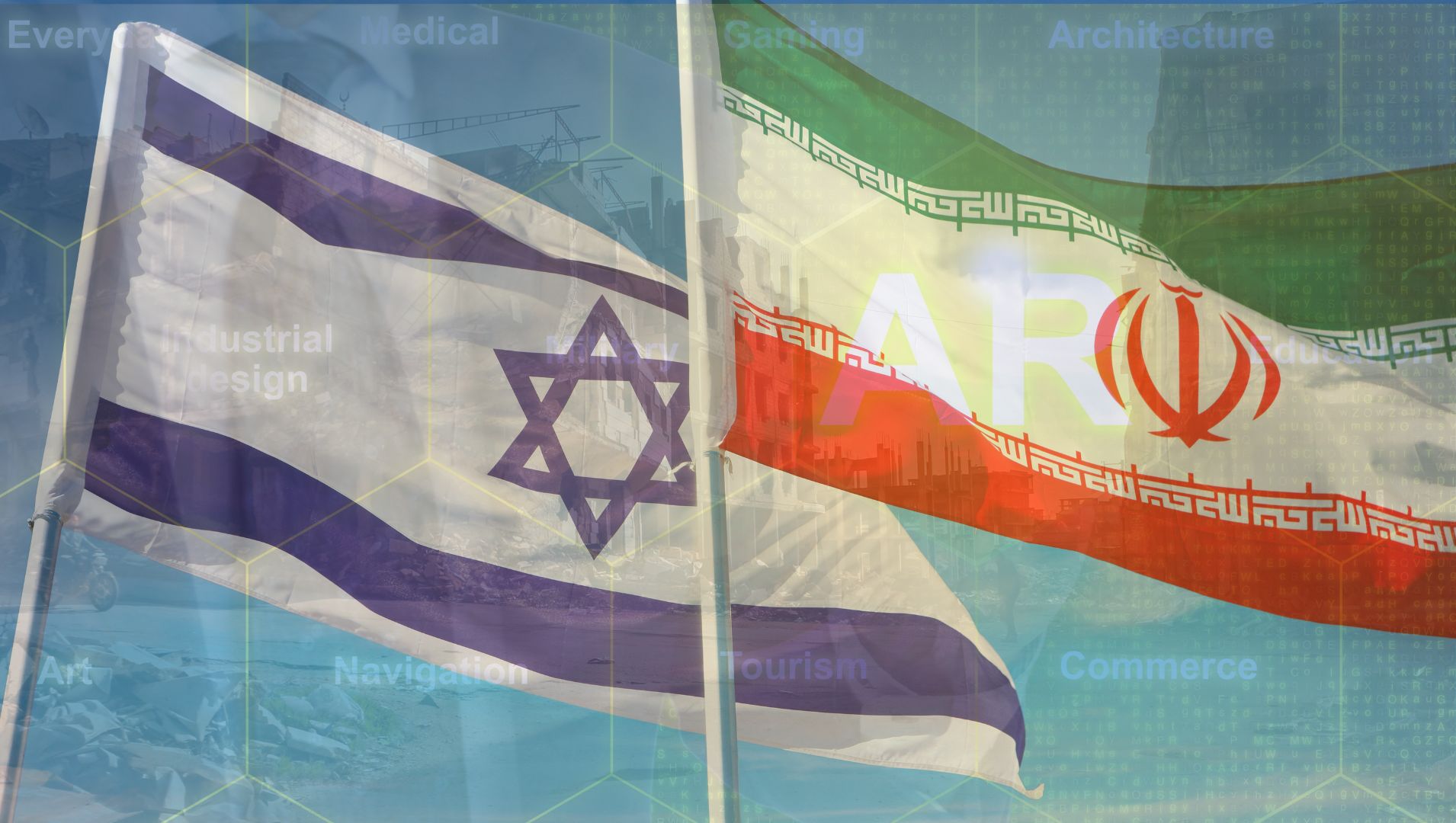
As tensions between Israel and Iran reach unprecedented levels, the international community stands on edge. The recent exchange—marked by Iran's aggressive drone and missile assault on Israel in response to an Israeli airstrike—signals a severe escalation in their long-standing shadow war. This blog aims to dissect the intricate dynamics of this conflict and discuss the implications for global security, emphasizing the need for community preparedness and strategic vigilance.
Understanding the Current Escalation
The conflict escalated significantly when Iran launched a direct attack on Israeli soil with over 300 armed drones and missiles. This marked the first time Iran has executed such a direct assault from its territory, signaling a new phase in their strategic confrontation. The attack was in retaliation for an Israeli strike on a key Iranian position in Damascus, underscoring the volatile tit-for-tat nature of their engagements.
Israel's Strategic Dilemma
In the aftermath, Israel faces a complex strategic dilemma. How it responds will set the tone for future engagements and could potentially escalate into broader regional conflict. The options range from continued covert operations—like cyber-attacks and targeted assassinations of key figures, which have been Israel's modus operandi—to more overt military strikes on Iranian assets across the region.
Covert Operations: A Closer Look
Historically, Israel has effectively utilized covert operations to disrupt Iran's military capabilities and nuclear ambitions. These operations have included cyberattacks, such as the Stuxnet virus, which significantly set back Iran's nuclear program and the targeted assassination of key personnel within Iran's military and nuclear establishments.
The Option of Direct Military Strikes
Alternatively, Israel might opt for direct military strikes. This could involve targeted airstrikes on Revolutionary Guard positions in Syria, where Iran has established a strategic foothold. Such actions, however, carry the risk of triggering retaliatory measures from Iran and its regional proxies, potentially leading to an escalated conflict that could involve multiple countries in the Middle East.
Implications for Global and Homeland Security
The escalation has profound implications for global security, particularly in terms of the risk of miscalculation leading to a wider war. For communities worldwide, particularly those with significant ties to the Middle Eastern region, this underscores the necessity for robust preparedness strategies.
- Enhanced Security Measures: Communities should reinforce their security protocols, particularly around critical infrastructure, to mitigate the risks of potential cyber-attacks or other forms of retaliation.
- Public Awareness and Information Dissemination: It's vital to maintain a well-informed public. Communities must have access to accurate and timely information to prevent misinformation and help individuals make informed decisions about their safety.
- Community Preparedness Programs: Developing and refining community preparedness programs can enhance resilience against the potential indirect effects of international conflicts. These programs should include emergency response drills and public education campaigns about the nature of international conflicts and their local impacts.
Strategic Considerations Moving Forward
As the situation develops, Israel, Iran, and the international community must navigate a highly complex geopolitical landscape. The choices made in the coming weeks will be critical in shaping the future of regional stability in the Middle East.
- Diplomatic Channels: Diplomatic efforts to de-escalate tensions are crucial. International bodies and key stakeholders must work together to mediate and propose viable solutions to mitigate further conflict.
- Intelligence Sharing: Enhanced intelligence sharing among allies will be critical in monitoring and responding to developments. This cooperation can help prevent escalation and manage the situation more effectively.
Conclusion
The recent escalations between Israel and Iran serve as a reminder of the fragile nature of international relations and the rapid pace at which conflicts can evolve. By understanding these dynamics and preparing accordingly, communities can ensure that they remain resilient and secure in the face of global uncertainties. Civil Dispatch continues to monitor these developments closely, providing updates and insights to ensure our community remains prepared and informed.
Stay tuned to Civil Dispatch for ongoing analysis and recommendations on maintaining safety and preparedness during international conflicts.